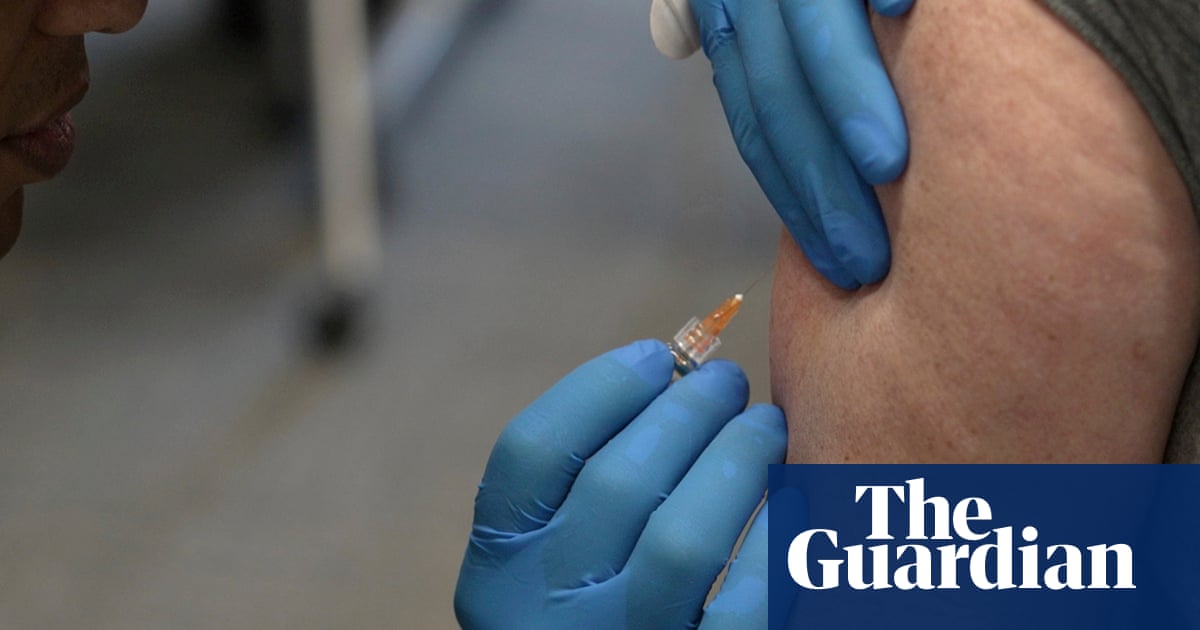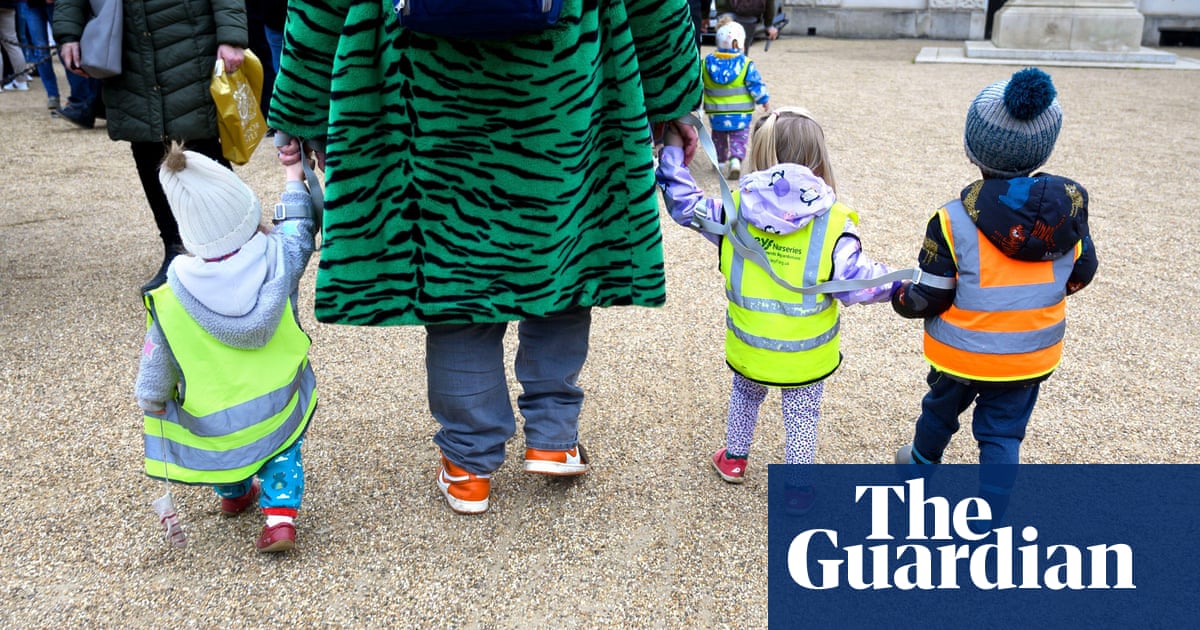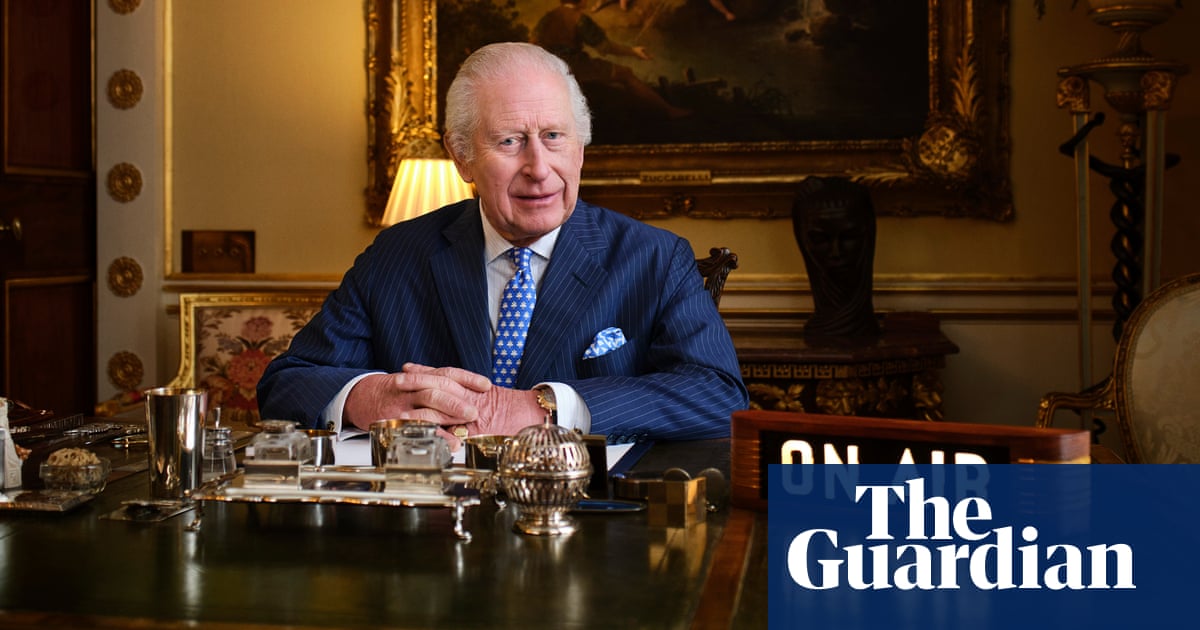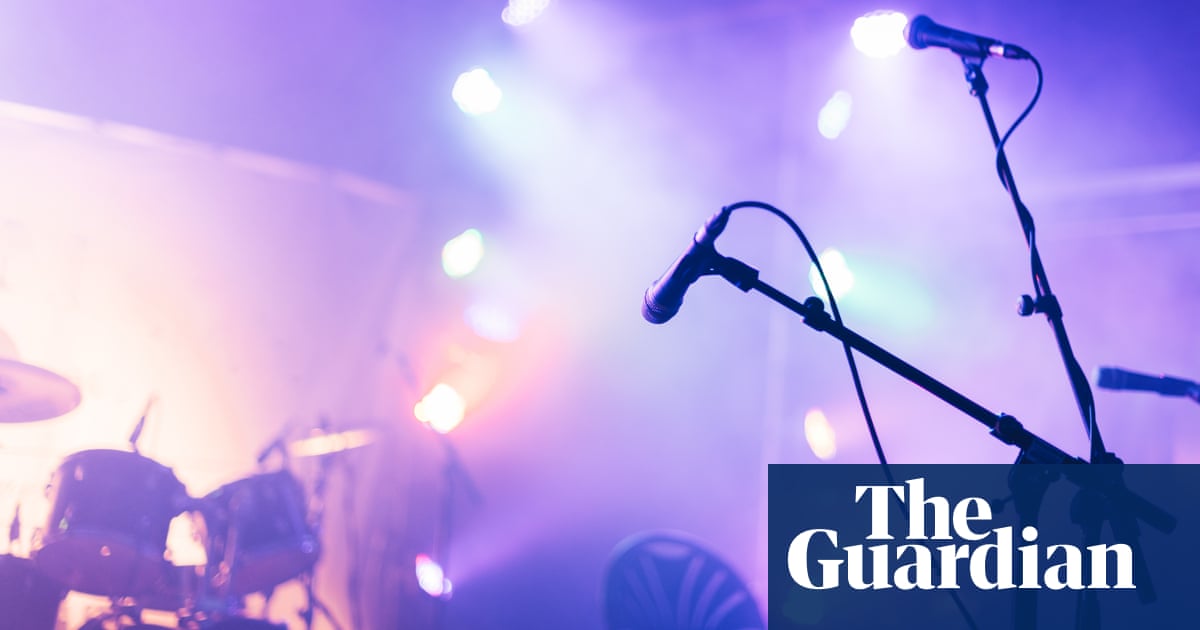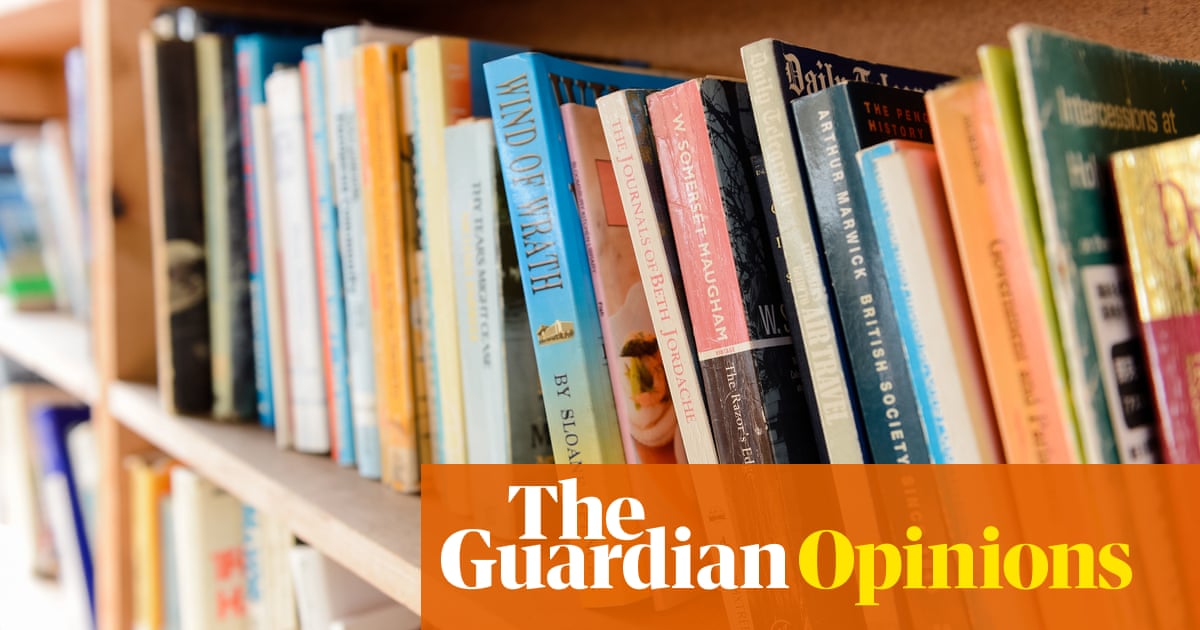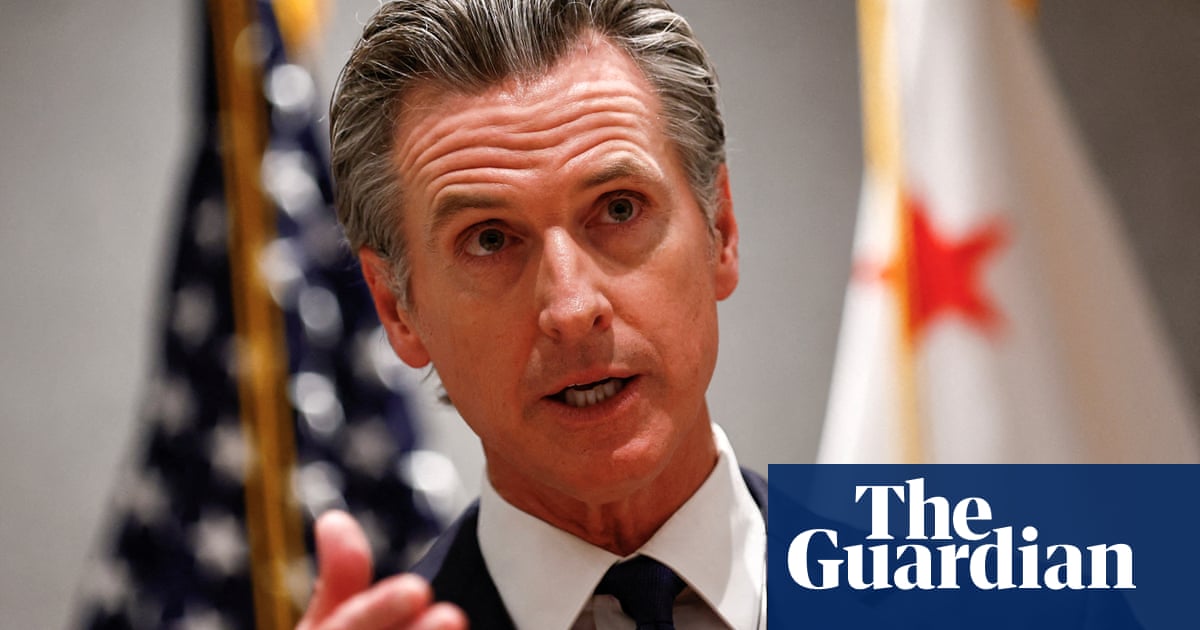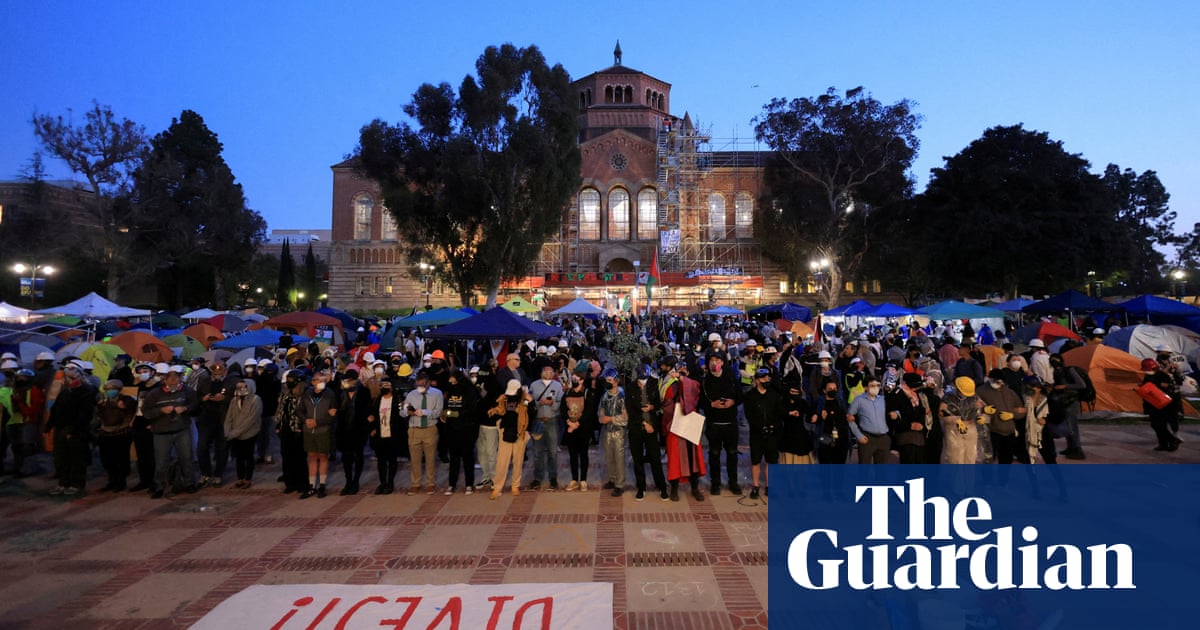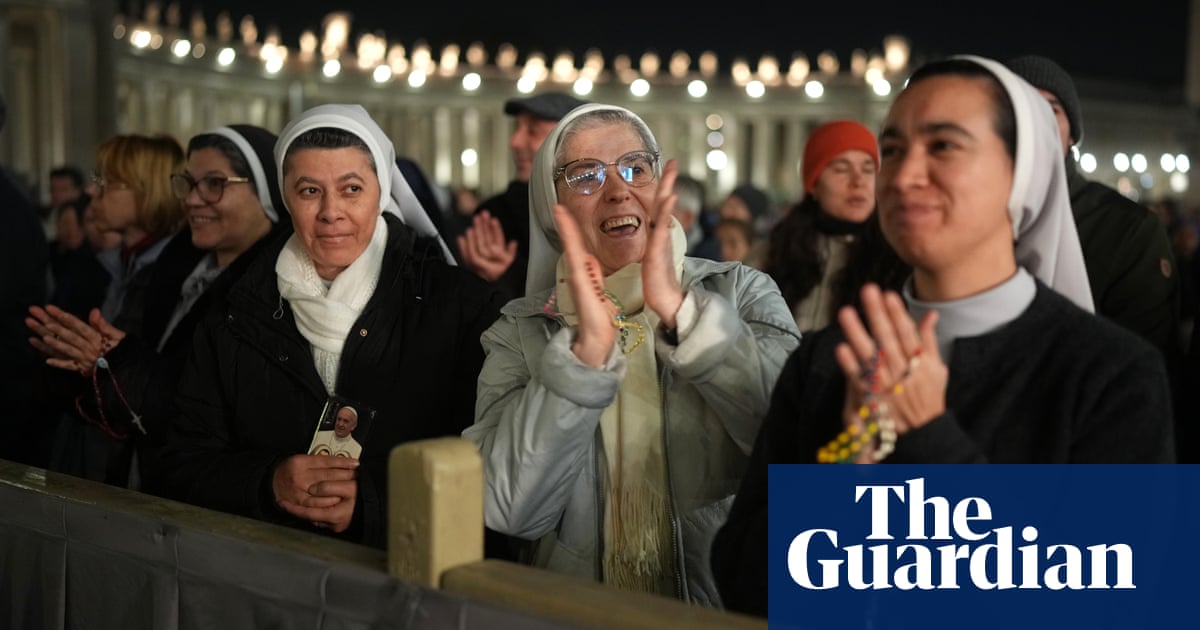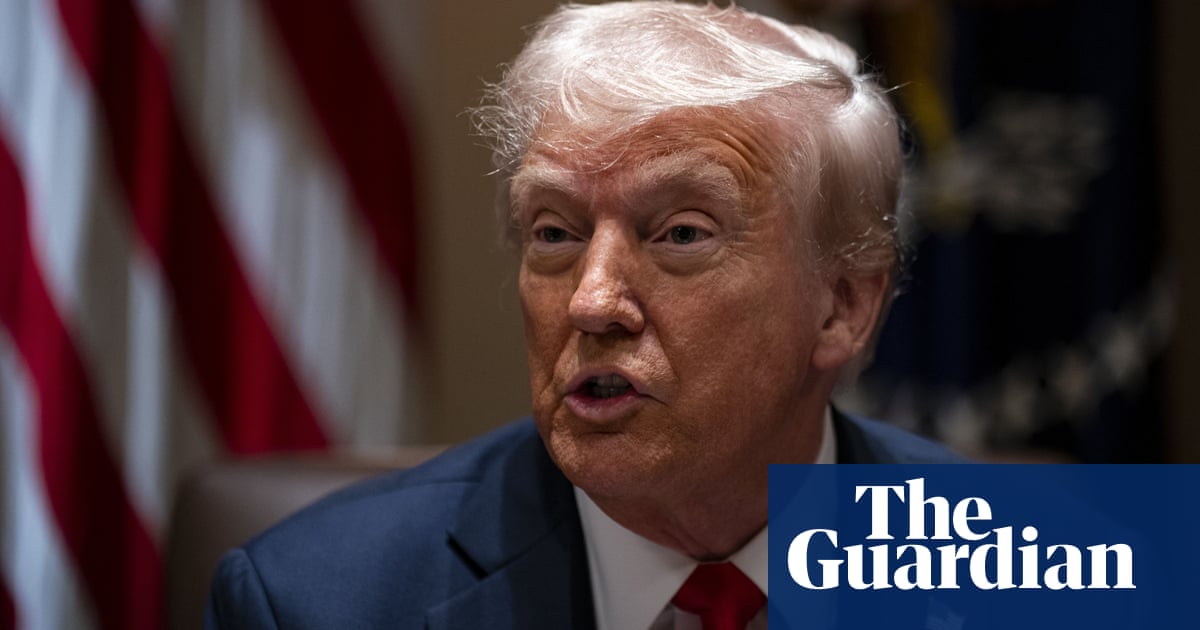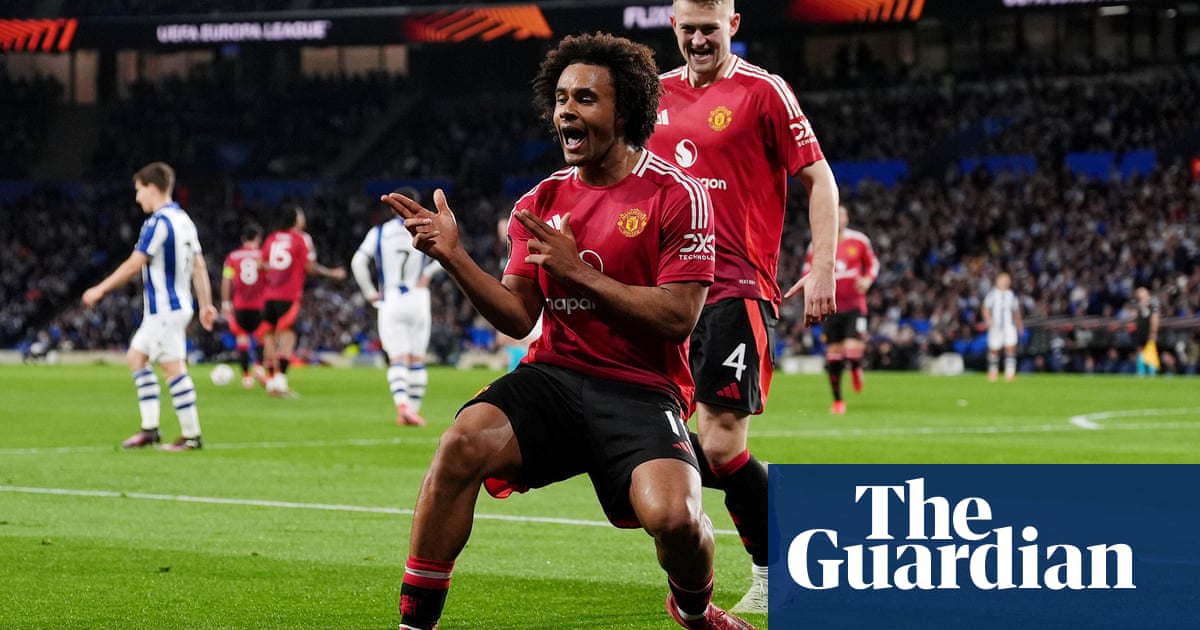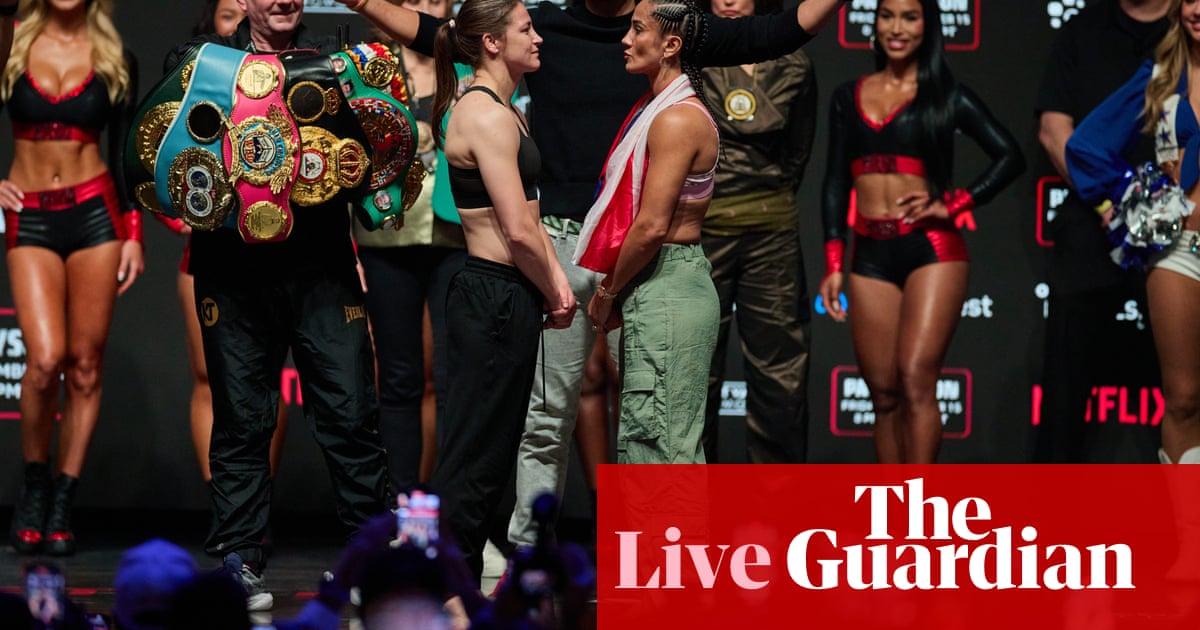During his first administration, Donald Trump waged a “maximum pressure” campaign against Nicolás Maduro, unsuccessfully trying to depose Venezuela’s authoritarian leader with an arsenal of sanctions, cyber-attacks and threats.
But this week Maduro extended an olive branch to a man he once called “a miserable racist cowboy”, fuelling speculation that Trump’s second presidency might witness an unlikely rapprochement between the two strongman survivors.
“In his first government … Trump wasn’t good to us [but] this is a new start,” Maduro proclaimed during a live TV broadcast clearly designed as a peace offering to the US president-elect.
Maduro – who has also previously called Trump a mentally ill crook who handles foreign affairs like “a New York mafia extortionist” – even parroted the US tycoon’s nationalist catchphrase.
“Your slogan is ‘Make America great again’. And, paraphrasing your slogan, I’d say that our slogan is to make the united Venezuela, Latin America and the Caribbean great,” Maduro said, calling for a new era of “win-win” relations.
Venezuela’s president – who has been accused of stealing his country’s recent election and subsequently unleashing a deadly campaign of repression – emphasized how he “did not hesitate for a second in showing solidarity” with Trump after the recent attempts to assassinate him.
Those warm words to a politician who has called Maduro “a Cuban puppet” and “a tyrant” suggested to some that a reconciliation – or at least an attempt at one – may be on the cards.
Christopher Sabatini, a Chatham House Latin America expert, said he saw “a very strong tendency” for Trump to take a dramatically different approach towards Venezuela than during his 2017-21 term.
Sabatini believed Trump’s fawning over “brilliant” and “fierce” strongmen such as Vladimir Putin and Xi Jinping, his desire to cut petrol prices by doing business with an oil-rich country, and his “proximity to some oil men in Louisiana and Texas who’ve been telling him ‘Let’s just move on!’” all pointed to a possible deal.
Another motivating factor was Trump’s need to honour a campaign promise for the “largest deportation operation in American history”, targeting undocumented migrants from Latin American countries such as Venezuela, from where about 8 million citizens have fled in the last decade. “To be able to repatriate them he needs to have normal relations with Maduro,” Sabatini said.
Towards the end of his first presidency, Trump said he was open to a get-together with Hugo Chávez’s authoritarian heir, telling Axios: “Maduro would like to meet. And I’m never opposed to meetings”.
During Trump’s first term, he tried to build bridges with North Korea’s dictator, Kim Jong-un, – even briefly visiting the hermit nation – although those efforts ultimately floundered.
“I don’t exclude the possibility that he seeks to do something similar with Nicolás Maduro,” Latin America specialist Michael Shifter told BBC Mundo, claiming “a 180-degree turn” in Venezuela policy could happen.
From Maduro’s perspective, fixing relations with his foe might represent a way of escaping the pariah status imposed on his regime after Venezuela’s July election, which even longtime regional allies such as Colombia and Brazil have refused to recognize.
“He desperately needs international recognition and legitimacy … He doesn’t want to be a pariah,” said Moisés Naím, a Venezuelan writer and former minister. Trump represented a “life line” for Maduro, he said.
after newsletter promotion
A Trump-Maduro detente is far from assured despite their shared fondness of surviving at the top and Trump’s interest in beauty pageants, for which Venezuela is famed.
Republican Latin America hawks in Florida such as senators Marco Rubio and Rick Scott would probably resist any attempt to normalize ties.
Naím, who lives in the US, said it was too early to predict Trump’s Venezuela policy and suspected the South American country would not be high on a priority list dominated by wars in Ukraine and the Middle East, and China.
But Naím believed any bid to normalize relations with Maduro would face fierce opposition from the “deeply anti-Maduro” Venezuelan immigrant community in south Florida who overwhelmingly backed Trump in the election and whose attitude would be: “over their dead bodies”.
Speculation that Rubio – a relentless critic of what he calls Maduro’s “narco-regime” – could become secretary of state also suggested a thaw in relations was unlikely. “In Washington, personnel is policy,” Naím said.
Geoff Ramsey, a Venezuela expert from the Atlantic Council’s Adrienne Arsht Latin America Center, expected a mix of hostile rhetoric towards Venezuela from Trump’s second administration but also a “more transactional approach”. He noted how one name being considered for national security adviser was Richard Grenell, a former US ambassador who held secret talks with one of Maduro’s closest allies, Jorge Rodríguez, in Mexico City during the dying days of Trump’s first presidency.
But Ramsey thought a full-blown love-in between the Bolivarian and the US billionaire – whom Maduro’s foreign minister once called “an arrogant charlatan who fancies himself as an emperor” – was a long shot.
“Maduro is doing everything he can to woo Trump. Maduro is desperate to ignite a bromance with Trump. But I think that’s unlikely … I just don’t think Maduro is going to be able to spark the romance he so desperately craves – but he’s certainly trying,” Ramsey said.

.png) 3 months ago
31
3 months ago
31
